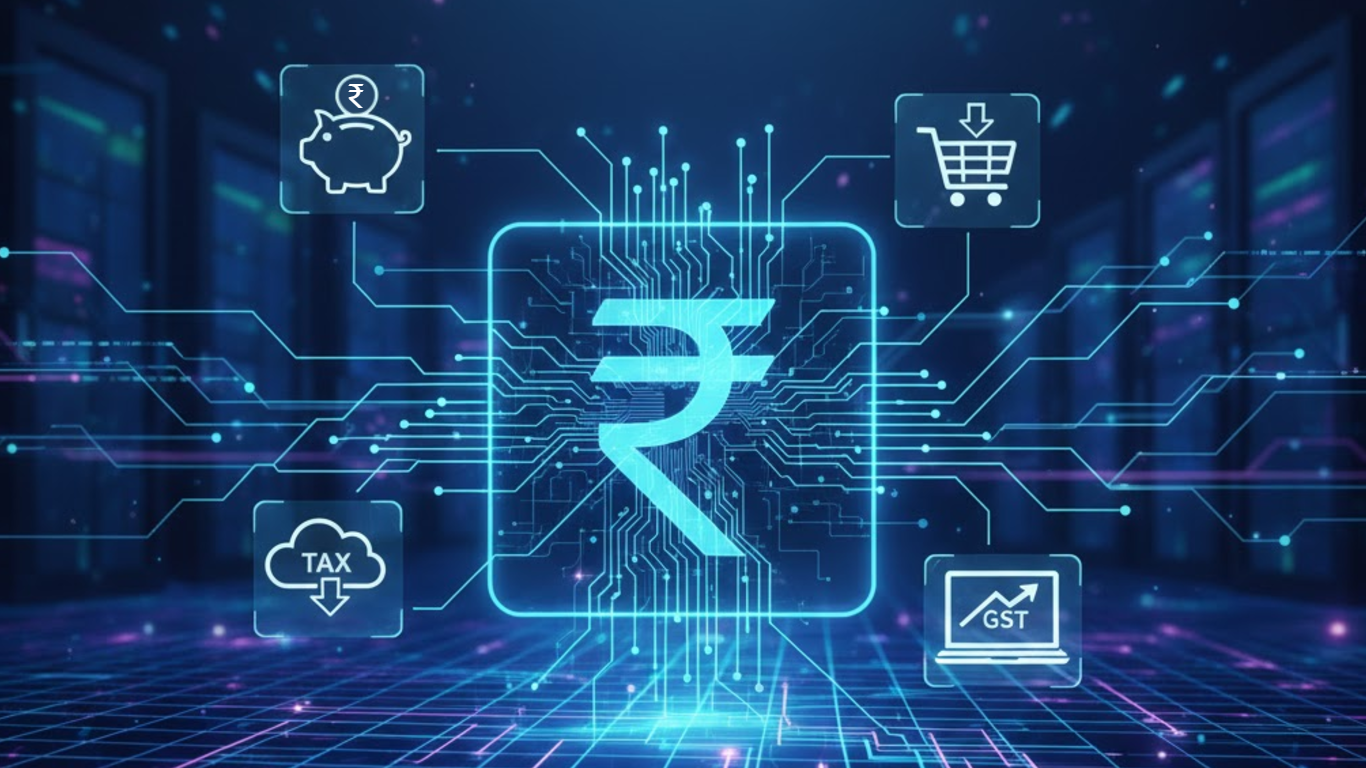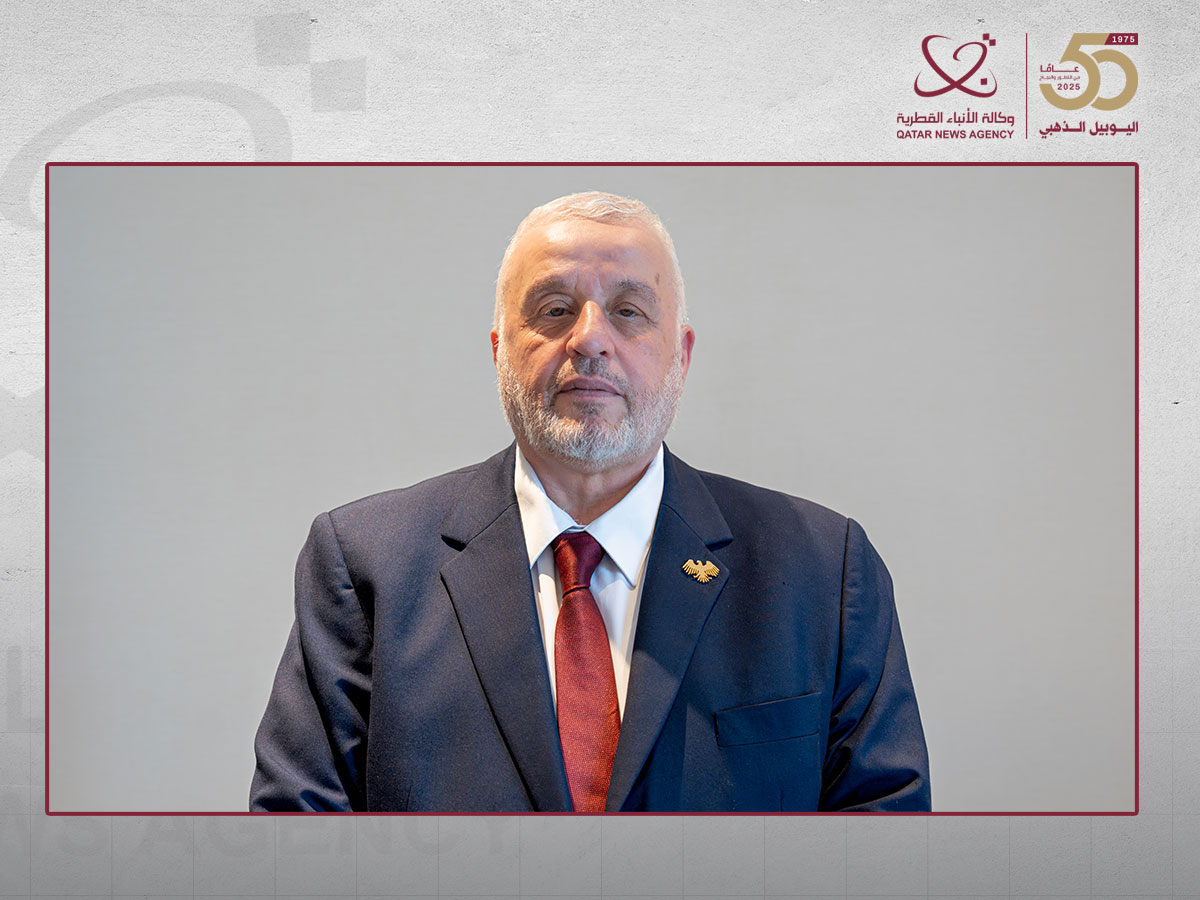Copyright knnindia

New Delhi, Nov 8 (KNN) India is positioning itself as a global leader in adapting tax systems to the realities of a fast-expanding digital economy, senior tax officials said at the International Tax Conference 2025 in New Delhi. Speaking to ANI on the sidelines of the event, Varunesh Mishra, Joint Commissioner, Income Tax, Central Board of Direct Taxes (CBDT), said India has taken proactive steps to modernise tax rules amid the rise of borderless digital businesses. “The digital economy is now all-pervasive,” Mishra said, noting that companies can operate across jurisdictions without a physical presence, complicating profit attribution. He said India recognised this shift early and was among the first countries to introduce a framework to tax digital operations based on economic activity and user base. India’s digital tax reforms began with the introduction of the Significant Economic Presence (SEP) principle in 2018, subsequently refined and made operational by 2021. The mechanism enables taxation of profits earned by foreign digital companies interacting with Indian users even without a domestic office. Mishra also highlighted the now-withdrawn Equalization Levy, introduced as an interim measure on cross-border digital transactions, which has been phased out as India aligns with global tax agreements under the OECD’s Pillar One and Pillar Two frameworks. Domestically, he pointed to steps including a Tax Deducted at Source (TDS) requirement for e-commerce operators under Section 194-O, and the introduction of a tax regime for virtual digital assets in 2022. The VDA framework imposes a 30 percent tax on income from crypto and NFT transfers and a 1 percent TDS on related transactions, positioning India among the early movers in digital-asset taxation. Mishra, however, cautioned that profit attribution in a digital and borderless environment remains a key challenge, stressing the need to balance innovation with equitable taxation. “We must ensure our tax policies encourage innovation while maintaining fairness and equity,” he said. The conference featured expert sessions on international taxation, BEPS 2.0, transfer pricing, cross-border tax challenges, and evolving global tax governance standards.



